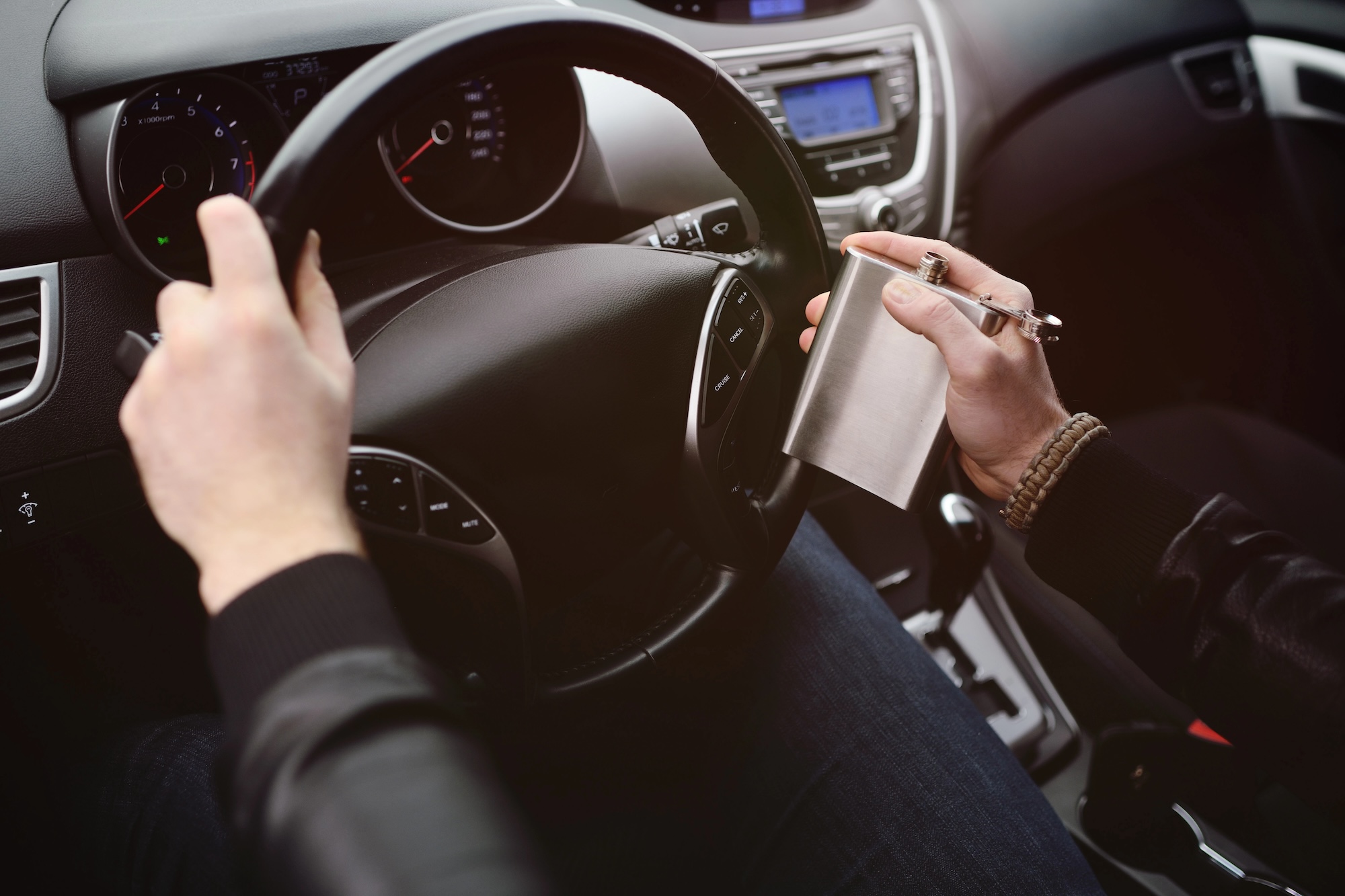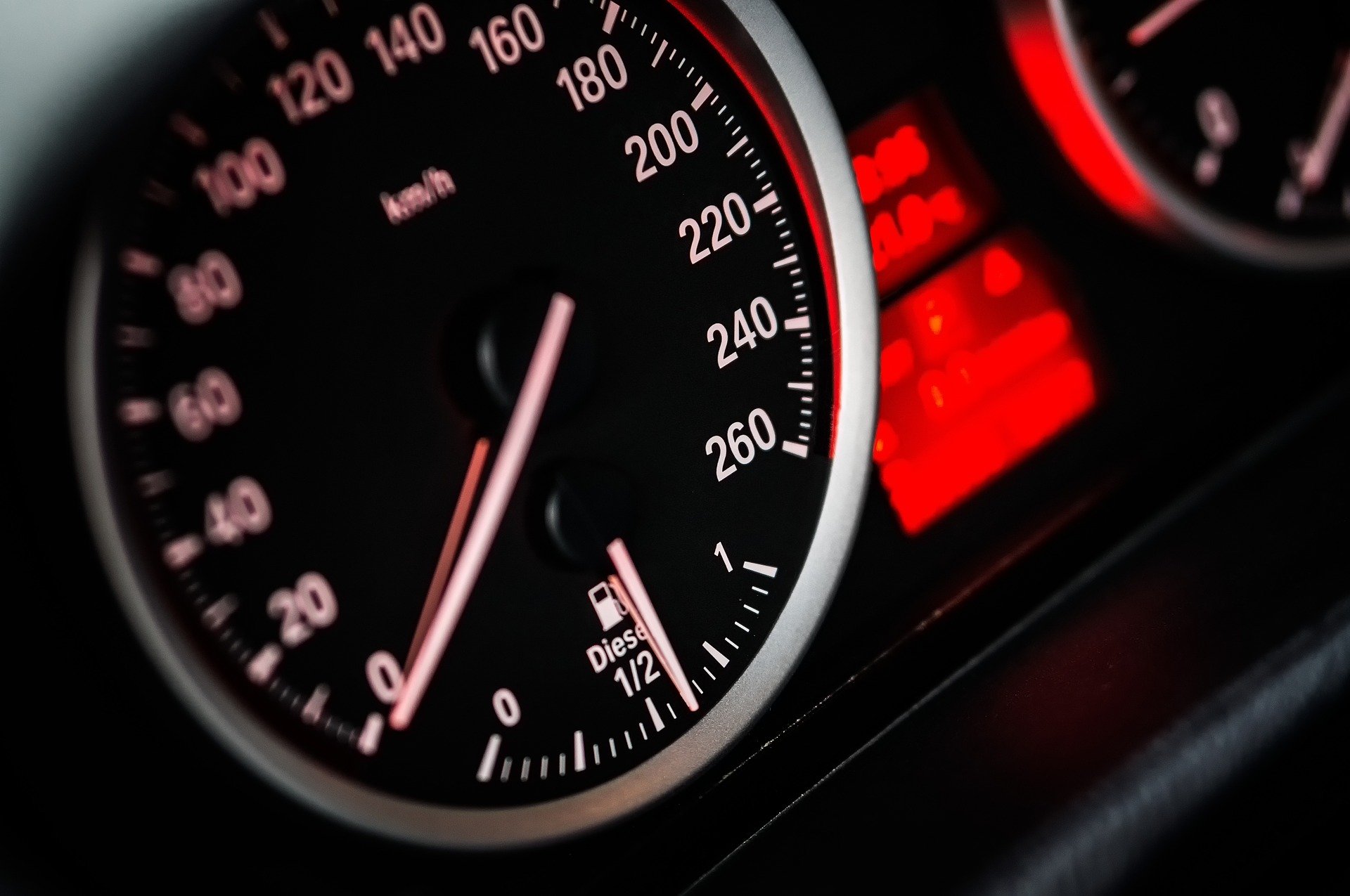Criminal Driving Lawyers Calgary
Criminal driving offences are serious traffic violations covered by section 320 of the Criminal Code. This section includes laws about illegal actions involving vehicles, like drunk driving and dangerous driving.
Section 320 covers several different criminal driving offences including:
- Dangerous driving (s. 320.13)
- Impaired driving (s. 320.14)
- Failure to comply with demands (s. 320.15)
- Failing to stop after an accident (s. 320.16)
- Fleeing from a peace officer while operating a motor vehicle (s. 320.17), and
- Operating a vehicle or conveyance while prohibited (s. 320.18).
In all of these cases, what matters is what happens while you are inside or operating a vehicle.
As criminal driving covers a number of different offences, the punishment and whether it is summary of indictable depend on the offence you are charged with.
Therefore, the circumstances of your case and the form of the offence will inform whether the Crown proceeds summarily or by indictment.
If the Crown elects to proceed by indictment, there is usually a defence election of court under s. 536(2) of the Criminal Code, which means the accused can choose whether they would like to be tried by a judge alone or by a judge and jury.
Key Takeaways
- Criminal driving charges are dependent on the exact type of offence that was committed. Thus, they vary in severity and jail sentences. They are either prosecuted summarily or by indictment.
- Jail sentences and punishments depend on the offence you are charged with but can include fines and even jail time.
- Bail conditions are typical and usually revolve around driving prohibitions or restrictions.
- There are several defences available for impaired driving charges, including identity, not having committed a central aspect of the charge and Charter defences.

How can a criminal driving lawyer in Calgary help?
A criminal driving lawyer in Calgary can help in many ways, including:
- Explaining the court process
- Suggesting what to do in your court filings
- Recommencing how to communicate with the police
- Preparing you for trial
- Formulating possible defences
A criminal driving lawyer will look at the facts of your case and analyze all the possible paths you can take in order to advise you on the best course of action. They will discuss with you on what you want to do, considering all of the available options.
Your lawyer will be able to give you legal advice that will help you make the right decisions before you are charged and will be able to help protect you from incriminating yourself. Your lawyer will also take over communications with police on your behalf to make sure you are protected from any legal repercussions and to make sure that police only receive the necessary information from you.
Moreover, your lawyer will work with you to gather all the evidence required to be able to discuss with you on what you should or want to do, considering all of the options available.
This work will involve interviewing witnesses and retaining expert witnesses that will be able to create stronger defences for you, which will in turn lower the punishments you may face. With a lawyer, you will be able to navigate the criminal justice system with ease, from court attendances to speaking with members of the court, and moving the process along expeditiously.
Your lawyer will also help you during your trial by representing you, discussing options and how to proceed. A criminal driving lawyer will also look at potential options for you to reduce your sentence, or get you out of jail, such as bail conditions.
Criminal Driving Charge in the Criminal Code of Canada

Examples of Criminal Driving Charges
Some examples of a criminal driving charge may include the following:
- The accused was driving while impaired by alcohol;
- The accused was driving a vehicle while prohibited from doing so;
- The accused failed to stop after an accident;
- The accused operated a vehicle in a dangerous manner with no reasonable excuse; and
- The accused fled from a peace officer when instructed not to, and while in a vehicle.
Criminal Driving Charge Defences
Factual innocence: A strong defence against a criminal driving charge is to maintain that you are factually innocent. If you can show that the facts and the evidence do not support that you were committing a criminal driving offence, you may have a defence that you were factually innocent.
Reasonable impairment while driving: This is most commonly seen with medical impairments that are unexpected in nature. If you can prove to the court that you experienced an unexpected medical impairment, and thus did not have the intention to commit this offence, and did not act voluntarily in committing the offence, you may have a defence.
Identity: A defence based on the identity of the perpetrator may be a defence to a criminal driving charge. In order for this defence to be raised successfully in court, you would have to prove that you did not commit this act. This is a defence that states that the accused was wrongfully convicted. Evidence that can be submitted to create a solid identification defence is eyewitness identification, DNA evidence, media and fingerprints.
Any applicable Charter defences: The Charter sets out your rights and freedoms before and after your arrest. If the police fail to abide by these rights deliberately or inadvertently, it could aid in your defence. If any of your Charter rights have been violated before or after your arrest, you may be able to have some or all of the evidence that the Crown is relying on to secure a conviction excluded under s. 24(2) of the Charter.
What are the consequences of a criminal driving charge?
Punishments for a criminal driving offence depend on the exact offence committed as well as the accused’s circumstances and the facts of the case. Thus, the maximum punishment is not more than two years in jail.
A criminal driving offence can also entail severe consequences for current and future employment opportunities and immigration status.
Potential increased penalties with notice of increased penalty under s. 727 of the Criminal Code are also possible for criminal driving offences. This means that the accused can face higher terms of imprisonment, depending on the circumstances and facts of their case. You may also face driving prohibition and forfeiture of vehicle orders.
Those charged with criminal driving offences may have fines, fines with probation, jail, jail and probation, or jail and fine as potential available dispositions. These are up to the discretion of the trial judge.
Counsel may also be able to lower the jail sentence through discussions with the Crown prosecutors.
Beyond any immediate jail and/or probation sentence you receive, there is also a discretionary DNA Order, dependent on the offence and circumstances.
Aggravating Factors
Aggravating factors are those that may end up increasing your sentence. These include cases where the offence resulted in bodily harm of another, the impairment level of the offender was high, the offender was driving or otherwise operating a large motor vehicle or the offender was not permitted to drive the vehicle by law.
Any injuries that passengers or other persons suffered, the age of the passengers and previous related convictions are all also aggravating factors.

Criminal Driving Charge Investigation
An investigation regarding a criminal driving charge will look at the actus reus and mens rea of the offence in order to determine the level of guilt.
The actus reus for a criminal driving charge is established by proof, beyond beyond a reasonable doubt, of the following:
Dangerous operation s. 320.13
- The accused, in the proper jurisdiction, at a specified date and time, operated a conveyance; and
- The accused operated that conveyance in a dangerous manner.
Impaired driving s. 320.14
- The accused, in the proper jurisdiction, at a specified date and time, operated a conveyance; and
- The accused was impaired by alcohol or drug.
Failure or refusal to comply with demand s. 320.15
- The accused, in the proper jurisdiction, at a specified date and time, operated a conveyance; and
- The accused failed to comply with a demand.
Failure to stop after accident s. 320.16
- The accused, in the proper jurisdiction, at a specified date and time, operated a conveyance; and
- The accused failed to stop after an accident.
Flight from peace officer s. 320.17
- The accused, in the proper jurisdiction, at a specified date and time, operated a conveyance; and
- The accused fled a peace officer while operating the conveyance.
Operation while prohibited s. 320.18
- The accused, in the proper jurisdiction, at a specified date and time, operated a conveyance; and
- The accused operated the vehicle while prohibited.
The actus reus refers to the act or the omission itself that constitutes the physical elements of a crime. Thus, the physical aspect of an criminal driving charge would be constituted by any physical act, such as the accused operating a car while prohibited.
The mens rea for a criminal driving charge includes proving, beyond a reasonable doubt, that:
Dangerous operation s. 320.13
- The accused, in the proper jurisdiction, at a specified date and time, operated a conveyance; and
- The accused knew that they were operating the conveyance in a dangerous manner.
Impaired driving s. 320.14
- The accused, in the proper jurisdiction, at a specified date and time, operated a conveyance; and
- The accused knowingly was impaired by alcohol or drug.
Failure or refusal to comply with demand s. 320.15
- The accused, in the proper jurisdiction, at a specified date and time, operated a conveyance; and
- The accused knowingly and willingly failed to comply with a demand.
Failure to stop after accident s. 320.16
- The accused, in the proper jurisdiction, at a specified date and time, operated a conveyance; and
- The accused knowingly and without reasonable excuse failed to stop after an accident.
Flight from peace officer s. 320.17
- The accused, in the proper jurisdiction, at a specified date and time, operated a conveyance; and
- The accused knowingly and intentionally fled a peace officer while operating the conveyance.
Operation while prohibited s. 320.18
- The accused, in the proper jurisdiction, at a specified date and time, operated a conveyance; and
- The accused knowingly operated the vehicle while prohibited.
Mens rea is defined as the knowledge or intention of committing the crime. Thus, knowing that one is operating a vehicle or conveyance in an illegal manner, consists of the mens rea of the charge.
Bail Conditions for Criminal Driving Charges
Every accused has the right through Canadian constitutional law and jurisprudence to reasonable bail.
Bail conditions for criminal driving charges require lawyers and their clients to work out a bail plan, that will allow the accused, if the plan is accused, to go out on bail, rather than be in jail. Moreover, with criminal driving charges, bail conditions do often result in driving prohibitions.
The courts look at bail plans through the ladder principle, which means that courts must grant the least restrictive conditions upon the accused unless the Crown prosecutor can prove that these would not be enough and instead, that restrictive conditions would be more appropriate.
There are three main issues to granting bail that courts take into consideration. Thus, if you are a flight risk, a threat to the public or detention is required for public confidence in the legal system, you will be less likely to receive bail.
Frequently Asked Questions About Impaired Driving
Will a criminal driving charge show on my criminal record while the case is ongoing?
While a case is ongoing, no charges will likely appear on your record.
Will a criminal driving charge show on my criminal record after the case is done?
A criminal driving charge will show up on your record if you are convicted of it by the court system. Criminal driving charges will appear in police background checks as well. However, you may apply for the charge to be removed through a records suspension process, though this would be lengthy.
How long does a criminal driving case take?
The length of trial for a criminal driving case depends on the circumstances of your case, any setbacks in court or trial and more, however it usually takes a few months to a year to be resolved.
Can I travel while a criminal driving case is ongoing?
Yes, you can travel while a criminal driving case is ongoing, as you have not been found guilty of the offence, and therefore are innocent and can still travel. Your travel may however be restricted by certain bail conditions.
Can I go to jail for criminal driving charges?
Yes, you can go to jail for criminal driving. Jail time depends on the offence you commit and its punishment.
Related Offences
- Dangerous driving: This charge relates to those who are accused of operating a vehicle or conveyance in an unsafe manner in the circumstances.
- Driving while prohibited: This charge relates to those who are accused of operating a vehicle or conveyance while prohibited from doing so by an Act or legislation.
- Failing to stop for police: This charge relates to those who are accused of failing or refusing to stop for police when requested to, while driving a vehicle.
- Failing to stop at scene of an accident: This charge relates to those who are accused of failing or refusing to stop at the scene of an accident without reasonable excuse.
Contact Us
If you have been charged with a criminal offence, you need legal advice. Contact our Calgary criminal lawyers today for a free consultation.




